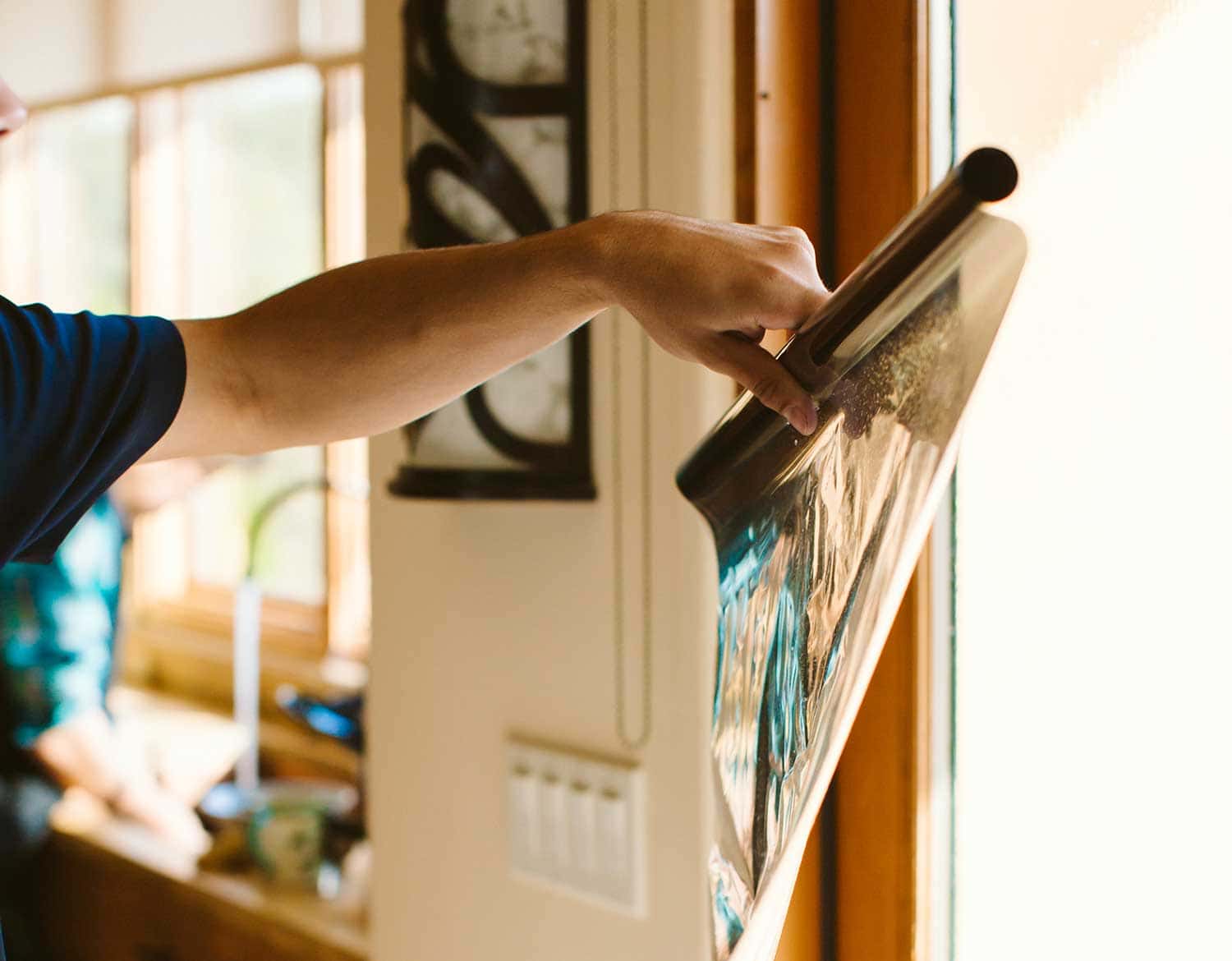
Let’s talk about the top 6 myths and misconceptions about window tinting or window film. Did you know that window film has been successfully applied to millions of home and business windows and other glassworks for decades? Yet many people remain unfamiliar with its numerous beneficial properties, whether privacy, security, UV protection, glare reduction, decorative, or heating, and cooling. In fact, we here at ClimatePro are constantly fielding questions from San Francisco Bay Area residents that expose how limited the public’s window film knowledge is. And those people who do have familiarity with window film have often heard incorrect information and tend to harbor—and sometimes share—myths and misconceptions about window film.
In our ongoing effort to correct such misinformation, then, these are the top six myths and misconceptions we hear about window film from people in the San Francisco Bay area:
Window Film is Primarily Used for Vehicles
Californians love their cars, which means pretty much everyone in the San Francisco area is familiar with vehicle window tinting. So familiar that when we describe what residential and commercial window film is, people tend to respond with something like “right, like window tinting for cars.” And yes, it is like window tinting for cars, but many people don’t seem to realize how extensive window film application for homes and businesses is.
Window Film Degrades and Discolors as it Ages
This longstanding myth is based in part on truth, as some early-generation, 1970s-era residential and commercial window films did end up blistering, peeling, bubbling, cracking, or changing color within a too-short timeframe. Window film technology has evolved significantly since then, making today’s window films far superior to the products offered five decades ago. Robust window film components, such as ceramics and UV inhibitors, along with high-tech film production methods, produces high-quality window films that provide long-term resistance to problems experienced with early generation films. So much so, that window film companies like ClimatePro offer long-term warranty protection to cover the window film and its application.
Window Film Darkens Interiors
This myth probably arose because auto tinting often seems to darken vehicle interiors. Residential and commercial window films typically utilize spectrally selective technology that keeps heat and UV rays out, but not the sun’s visible light. That said, window films that can decrease incoming natural light are available.
Window Film Causes Thermal Glass Breakage
Commercial and residential window films can increase the thermal stress on glass exposed to sunlight, which would make it a likely culprit in cases of thermal glass breakage. However, window film manufacturers and suppliers are fully aware of the physics behind thermal glass breakage and account for it in window film applications. All window films come with film-to-glass thermal stress compatibility guidelines, which, when followed, ensure that the applied window film does not cause thermal stress breakage.
Window Film Can Cause Seal Failure
We’re not sure how this myth arose, because there’s no evidence pointing to residential and commercial window film ever being the cause of seal failure. Window film and seal testing has been extensively researched, and during testing any resultant seal failure has always been the result of a window defect, not the applied window film.
Window Film is Expensive
Depending upon your window film type, and parameters of each specific application project, window film may seem costly. However, such costs need to be weighed against the sought-after benefits and returns. In fact, cooling and heating window films can provide energy cost-savings that may pay for the window film expenses within three years.
Learn More Window Film Facts from San Francisco’s ClimatePro
Overall, and no matter what your functional need, window film is entirely complementary with window coverings. If you already have window coverings in place, San Francisco Bay Area’s ClimatePro can help you find the right window film to enhance their functionality, and with a color scheme and shade that can add to their aesthetic appeal. Learn more by contacting ClimatePro today at (707) 569-9098.




